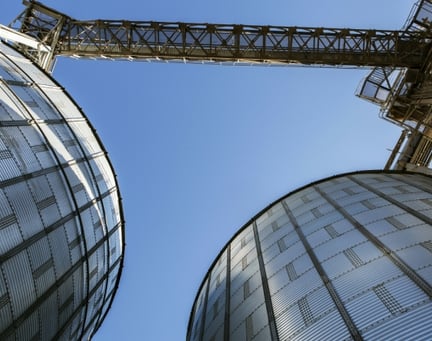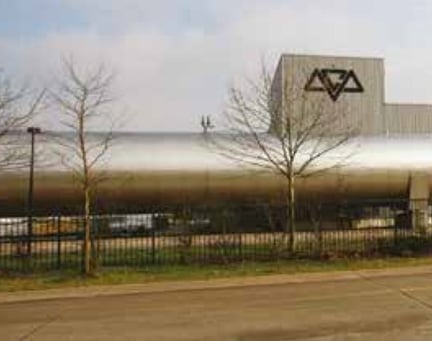In no time at all, the definition of responsibly produced food has been rewritten. Is your organisation ready?
In no time at all, the definition of responsibly produced food has been rewritten. ‘Responsible’ encompasses food that is not just safe but authentic, underpinned by sustainable systems and produced to the highest ethical standards, with respect both for the environment and workforce. Where once these considerations were a value-add, they are now a necessity.
A growing body of regulation confirms this. In the US, food companies are required to show that standards are being met on issues ranging from carbon emissions and greenwashing to human capital. The Forced Labour Prevention Act, mandated in late 2021, assumes that goods from Uyghur, China, involve forced labour – the burden of proof is on companies to show otherwise. In the EU, whether through the Green Deal or initiatives such as the Corporate Social Reporting Directive, the message from Governments and regulators is that action must be taken across the spectrum of ESG factors – and that companies are expected to show this is the case.
“Deforestation is a good example,” explains LRQA’s Forbes Fyfe, Technical Account Manager. “Sales into the EU, for products ranging from soya and palm oil to beef or coffee, must now be assured and traceable back to plot level, with proof of compliance in place. It’s just one example of how commitments to responsible production are becoming much broader, but also much deeper.”
As companies respond, assurance programmes are extending ever further into the supply chain, adding complexity, and increasing exponentially the volume of data collected. The opportunity is to embrace the need for due diligence and create competitive advantage, according to Meghan Quinlan, ELEVATE’s VP of Food and Agriculture.
“The norm today is to find ESG teams in a senior legal function – with everything that implies in terms of how robust, accurate and available the data that underpins these programs needs to be,” she says. “These data signals can be a powerful tool for ESG teams, prompting them to dig deeper, ask questions and find ways to improve – and where data sources are integrated, and platforms allow for proper interrogation, the impact on performance can be even greater.”
There are implications too for audit, according to Forbes. “By blending on-site, remote visits and digital monitoring, full supply chain audit programs are well within reach,” he explains. “The scope for audit is already moving from owned operations into tier two and tier three sites, with a much broader set of factors considered and audits expanding into new processes like transport, distribution and end-use. The process will inevitably become more end-to-end.”
Whether operationally or organisationally, the nature of the food assurance landscape is changing fast to accommodate the demands of ESG risk management. As these requirements grow, companies need to consider not just how they expand, but how they integrate approaches to assurance in order to protect their customers, reputation and competitive edge.







